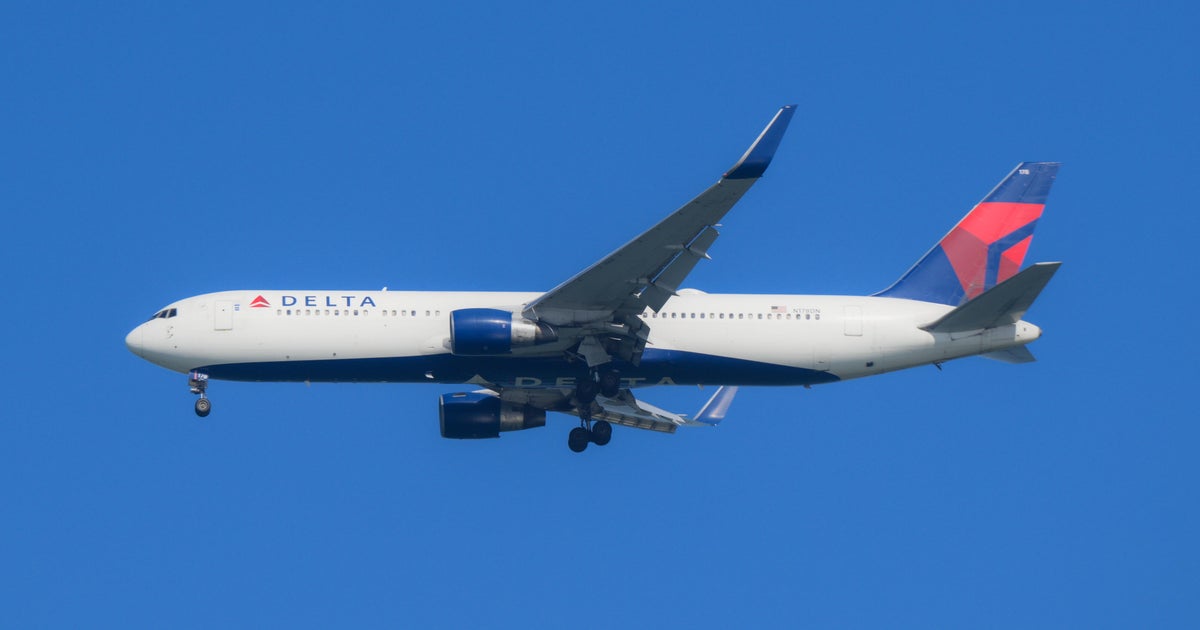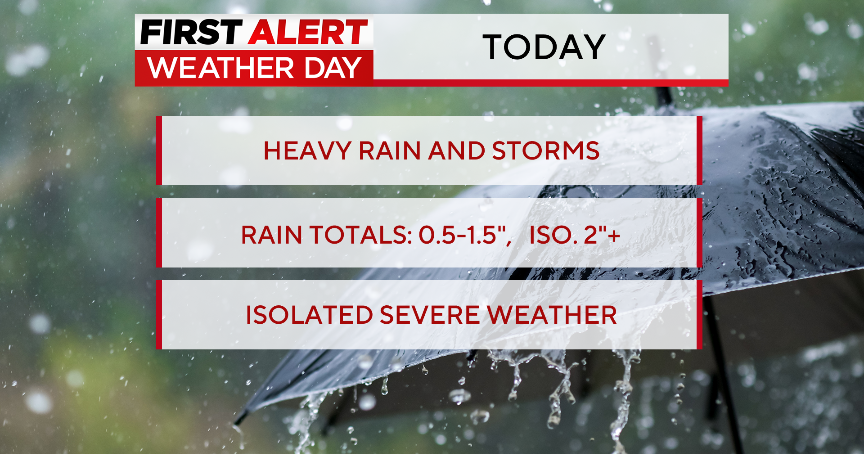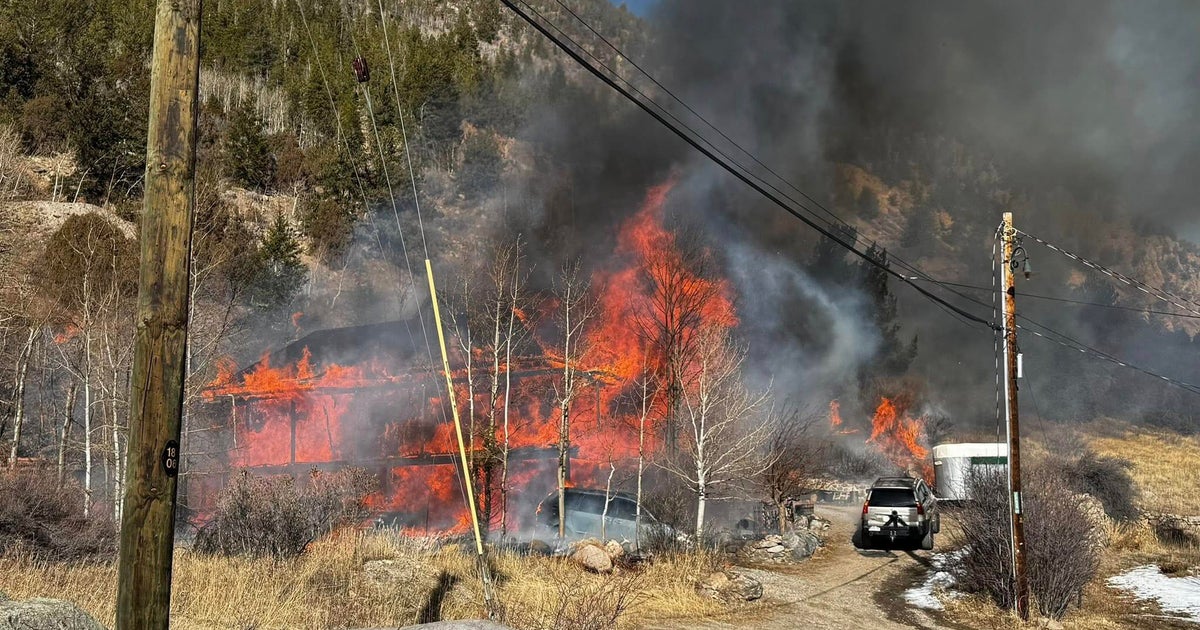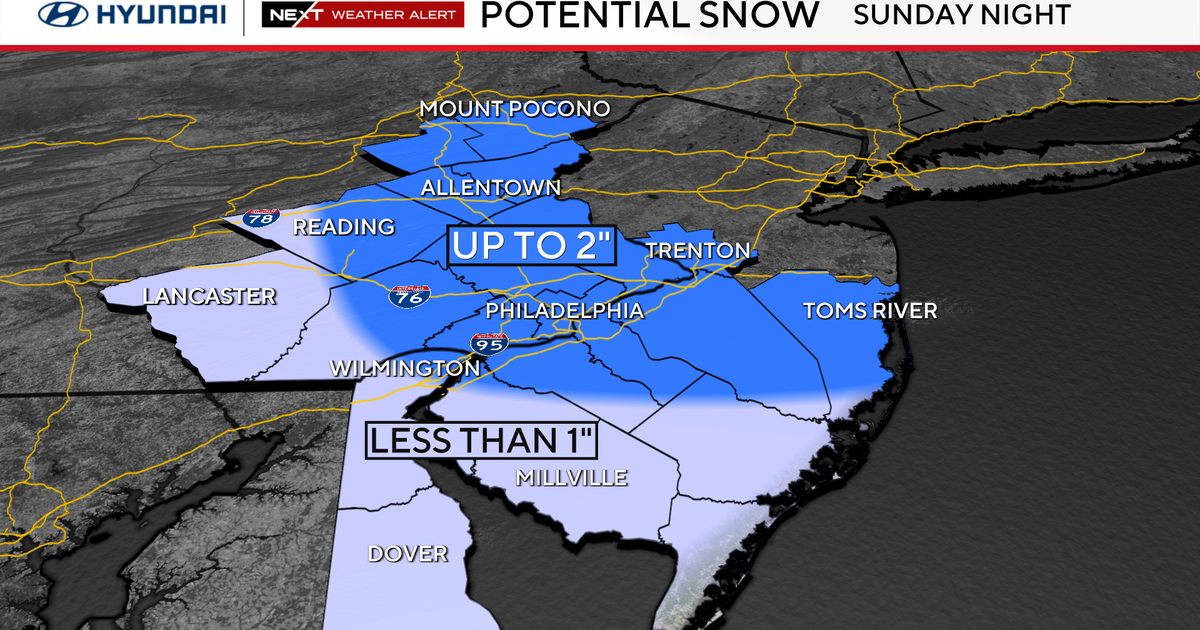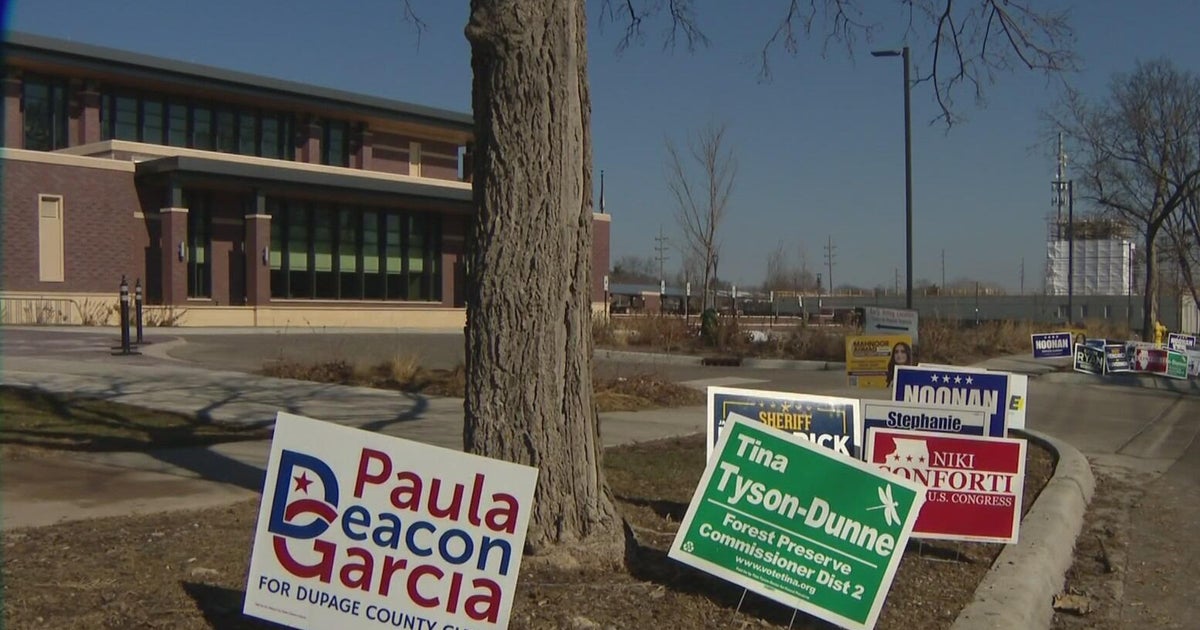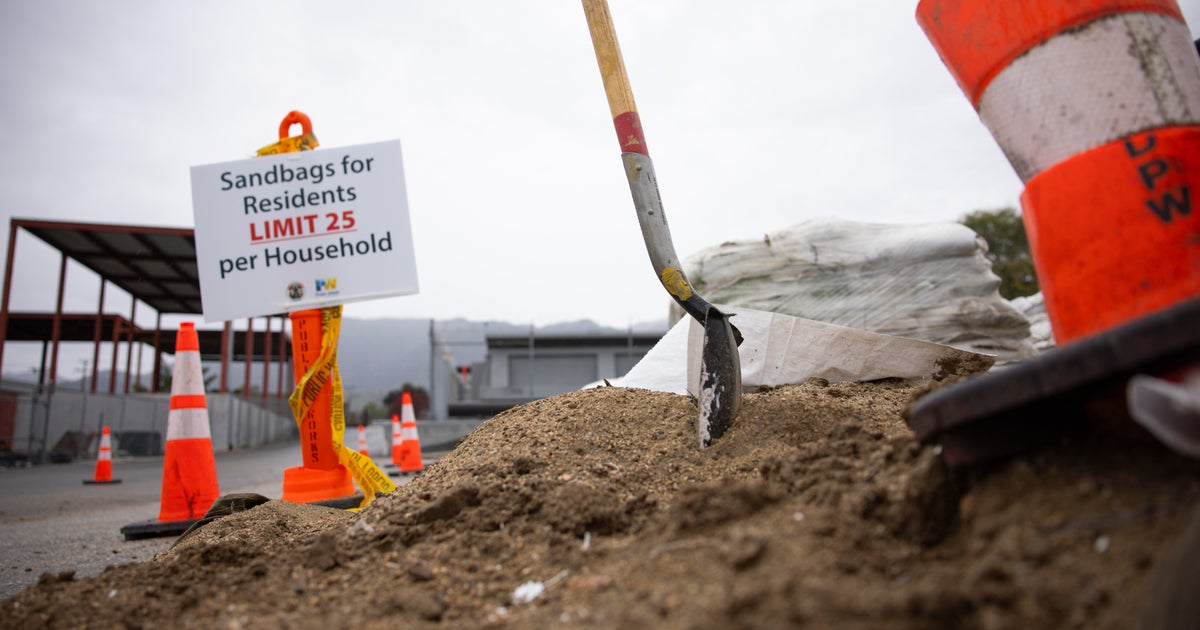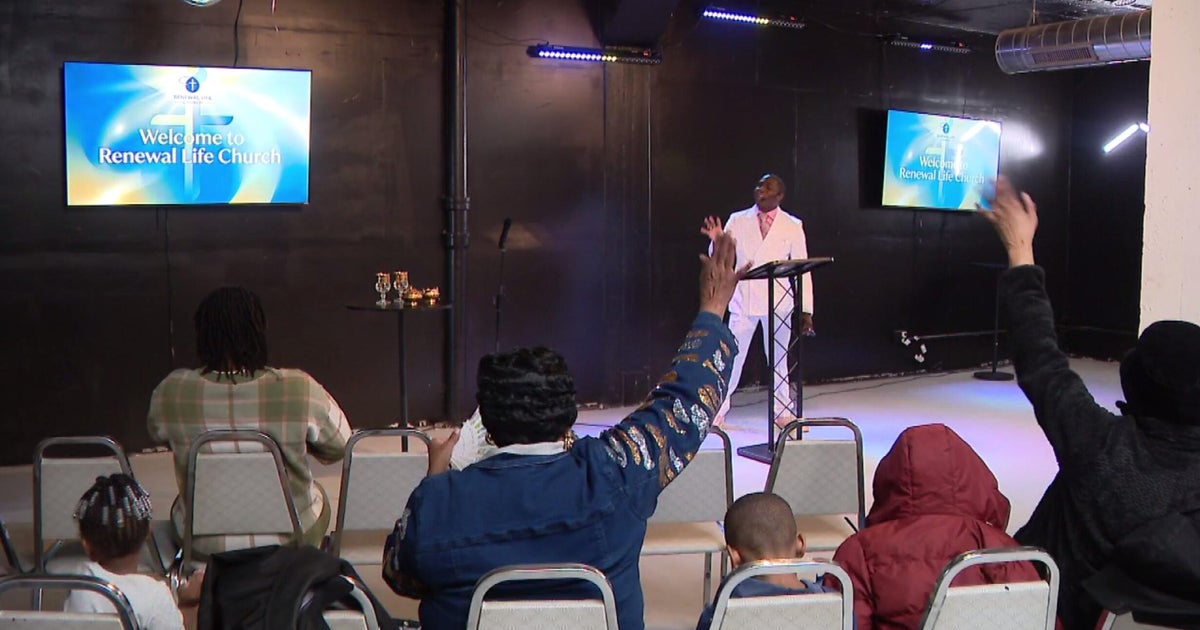More than 7,000 US flights delayed or canceled
MIAMI - Disruptions for air travelers continued Tuesday for a fourth day with more than 7,000 flights across the United States delayed or canceled after powerful storms ripped through the parts of the country, including in the Mid-Atlantic and parts of the Northeast where many busy hubs are located.
Data from FlightAware showed that, on Tuesday afternoon, more than 5,400 flights within, into or out of the US were delayed and more than 1,600 were canceled. Still, that's a major decrease from Monday's chaos, when more than 11,000 flights were either delayed or canceled because of severe weather and air traffic control staffing issues.
United Airlines was once again faring the worst of the US domestic airlines. About 16% of its schedule, or 467 flights, was canceled and another 37%, or 1,062 flights, was delayed just before 6 pm ET. Republic Airways, which operates feeder flights for American Airlines, Delta and United, had 35% of its schedule canceled (333 flights).
The four US airports most affected Tuesday afternoon are all major hubs for either United or Delta: New Jersey's Newark Liberty, both of New York City's airports (LaGuardia and John F. Kennedy) and Boston's Logan. But the problems weren't limited to the Northeast. There were 17 airports spread across the country, from San Francisco to Orlando, which had at least 20% of their flights delayed according to FlightAware.
More than 40 million people in the Northeast and Central Plains are at risk of severe storms on Tuesday. The majority of people at risk are located in the Northeast, including Philadelphia and Washington, DC, where a Level 1 of 5 threat has been issued by the Storm Prediction Center. A level 3 of 5 threat, of severe weather, is highlighted for parts of Kansas and Oklahoma, including Wichita and Tulsa.
Scattered thunderstorms are again expected east of a cold front from the Mid-Atlantic into parts of the Northeast, leading to the possibility of even more flight delays and cancellations later.
Some of these afternoon storms could produce damaging wind gusts, and heavy rain from these storms could produce isolated instances of flash flooding, particularly over parts of southeastern New York, Delaware and Pennsylvania.
United CEO blames FAA for weekend delays
Since travel problems started to mount on Saturday there have been nearly 6,000 flights to, from or within the United States canceled according to FlightAware's midday stats Tuesday evening, and another 31,750 delayed.
While weather is part of the reason for the problem, a lack of adequate staffing at the air traffic control centers run by the Federal Aviation Administration and a lack of capacity at US airlines also come into play.
That adds to the problem, making it difficult for the system to handle disruptions caused by bad weather, and for passengers to find seats on new flights when their original flight is canceled.
The head of United Airlines, in a strongly worded memo to staff, blamed the FAA's air traffic controller staffing problems for "unprecedented challenges" this past weekend that impacted "over 150,000 customers on United alone."
"The FAA frankly failed us this weekend," said United Airlines CEO Scott Kirby in an internal company memo shared with CNN.
Kirby says that on Saturday, the FAA reduced arrival rates at its major hub at Newark Liberty International Airport by 40 percent and departure rates by 75 percent, which was "almost certainly a reflection of understaffing/lower experience at the FAA."
"It led to massive delays, cancellations, diversions, as well as crews and aircraft out of position," Kirby said. "And that put everyone behind the eight ball when weather actually did hit on Sunday and was further compounded by FAA staffing shortages Sunday evening."
Kirby says he will be meeting with the FAA and Department of Transportation "to discuss what steps FAA can take in the immediate term to prevent this from happening again this summer."
The FAA responded Tuesday morning, saying "we will always collaborate with anyone seriously willing to join us to solve a problem."
In the memo, Kirby was careful to say the current FAA leadership did not create the current staffing problem, but that they need to deal with them. "To be fair, it's not the fault of the current FAA leadership," he wrote, but added "they are responsible for solving the problem they inherited."
These latest problems come at an especially busy time. With millions of passengers set to pack commercial flights for the long holiday weekend, the Transportation Security Administration says July 4 air travel will be even bigger than it was before the pandemic.
The agency anticipates screening 2.82 million people at airports nationwide on Friday, surpassing a post-pandemic record set on June 16 as well as the 2.79 million passengers the TSA screened on July 7, 2019.
MY FLIGHT WAS CANCELED. WHAT NEXT?
If you still want to get to your destination, most airlines will rebook you for free on the next available flight as long as it has seats, according to the U.S. Department of Transportation.
If you want to cancel the trip, you are entitled to a full refund, even if you bought non-refundable tickets. You're also entitled to a refund of any bag fees, seat upgrades or other extras.
Kurt Ebenhoch, a consumer travel advocate and former airline spokesperson, has stressed that travelers are eligible for a refund, not just vouchers for future travel. If you do take a voucher, make sure you inquire about blackout dates and other restrictions on its use.
CAN I ASK TO BE BOOKED ON ANOTHER AIRLINE'S FLIGHT?
Yes. Airlines aren't required to put you on another airline's flight, but they can, and sometimes do, according to the DOT. Jeff Klee, CEO of CheapAir.com, previously recommended researching alternate flights while you're waiting to talk to an agent. Agents are typically under a lot of pressure when a flight is canceled, so giving them some options helps.
Ebenhoch also suggested looking for alternative airports that are close to your original destination.
IS THE AIRLINE REQUIRED TO GIVE ME A HOTEL ROOM, OR OTHER COMPENSATION?
No. As announced last month, the Biden adminstration is seeking to require that airlines compensate travelers and cover their meals and hotel rooms if they are stranded for reasons within the carrier's control - but, as of now, each airline still has its own policies about providing for customers whose flights are canceled, according to the DOT.
Many airlines do offer accommodations, so you should check with their staff. The DOT also has an online dashboard that allows travelers to compare cancelation and delay policies of major carriers.
I'M FACING A LONG WAIT TO REBOOK. WHAT SHOULD I DO?
If someone in your traveling party is at a higher level in a frequent flier program, use the number reserved for that level to call the airline, Ebenhoch said. You can also try calling an international help desk for the airline, since those agents have the ability to make changes.
HOW CAN I AVOID THIS IN THE FUTURE?
Ebenhoch said nonstop flights and morning flights are generally the most reliable if you can book them. If you're worried about making it to the airport in time for a morning flight, he said, consider staying at a hotel connected to the airport the night before. And consider flying outside of busy dates.
Klee recommended comparing airlines' policies on the DOT's service dashboard. He also suggests reserving multiple flights and then canceling the ones you don't use, as long as the airline will refund your money or convert it into a credit for a future flight.
ARE FLIGHT CANCELATIONS TRENDING LOWER IN 2023?
Flight cancellations trended lower throughout the spring of 2023 than last year, according to data from the FAA.
Industry officials argue that carriers have fixed problems that contributed to a surge in flight cancellations and delays last summer, when 52,000 flights were nixed from June through August. Airlines have hired about 30,000 workers since then, including thousands of pilots, and they are using bigger planes to reduce flights but not the number of seats.
Still, officials warn of lingering staffing shortages, notably among key air traffic controllers. The FAA is training about 3,000 more controllers, but they won't be ready for this summer's travel. The agency resorted to nudging airlines to reduce flights in the New York City area this summer, and it opened 169 new flight paths over the East Coast to reduce bottlenecks.
In a government audit published last week, the Transportation Department's Office of Inspector General found that the FAA has made "limited efforts" to have adequate staffing at critical air traffic control facilities, noting that the agency "continues to face staffing challenges and lacks a plan to address them, which in turn poses a risk to the continuity of air traffic operations."
